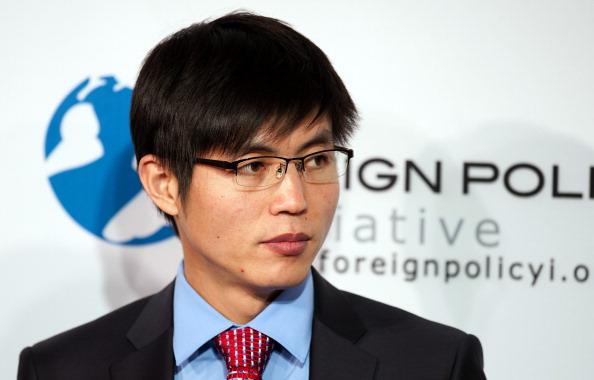Questions about the credibility of some North Korean defectors have been raised after prison camp survivor Shin Dong-hyuk admitted that he changed parts of his story--but this shouldn’t downplay the abuse that goes on in prison and labor camps in the communist regime, said one human rights organization.
Shin, who is the subject of the book, “Escape from Camp 14,” admitted to its author, Blaine Harden, that he changed several parts of his story. “Shin now says that he was tortured in Camp 14 in 2002, when he was 20 years old, as punishment for his defection to China. In the book, he gave an account of being tortured in the camp when he was 13 years old,” Harden wrote.
He told Harden that “I found it was too painful to think about some of the things that happened. So I made a compromise in my mind. I altered some details that I thought wouldn’t matter. I didn’t want to tell exactly what happened in order not to relive these painful moments all over again,” according to Harden’s website.
The North Korean regime hasn’t publicly commented on Shin’s story change, but the European Alliance for Human Rights in North Korea said there’s likely reasons why he changed his story.
“Shin is undoubtedly a victim of abuse – his scars demonstrate that he has been subjected to extremely harsh torture,” it said, adding that “our memories are not infallible – few people are able to accurately remember details of their lives as they happened.”
Meanwhile, the changes in his testimony match up with similar comments made by camp survivors. “Commentators would be wrong to use this to dismiss his account of his life or the accounts of other exiles,” it added.
Also, the organization noted there’s about “30,000 North Koreans who have successfully managed to find safe haven in another country, many of whom are able to recall human rights abuses – some of which is documented in the UN Commission of Inquiry report.”
The recent revelation also gives a bit insight into the psychology of North Koreans who have defected.
“The rare instances of North Koreans altering their stories can be done for many factors: psychological problems with adjusting to their new environments; protecting their loved ones still inside North Korea; and the simple fact that they have grown up in a system where, to paraphrase a statement used about the Arduous March, only dishonest people survive,” the rights group said.
Shin later told Harden that he realized he made a mistake.
“I am asking for forgiveness,” he was quoted as saying.
“I didn’t realize that changing these details would be important,” Shin replied when he was asked why he had changed some of the details in his testimony. “I feel very bad that I wasn’t able to come forward with the full truth at the beginning.”





